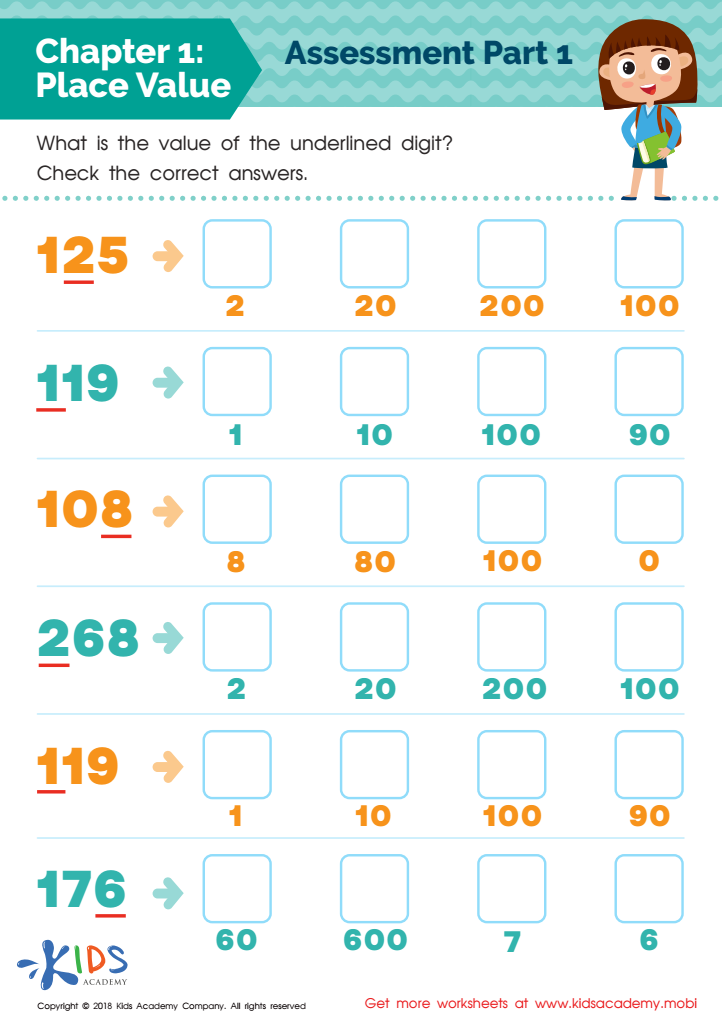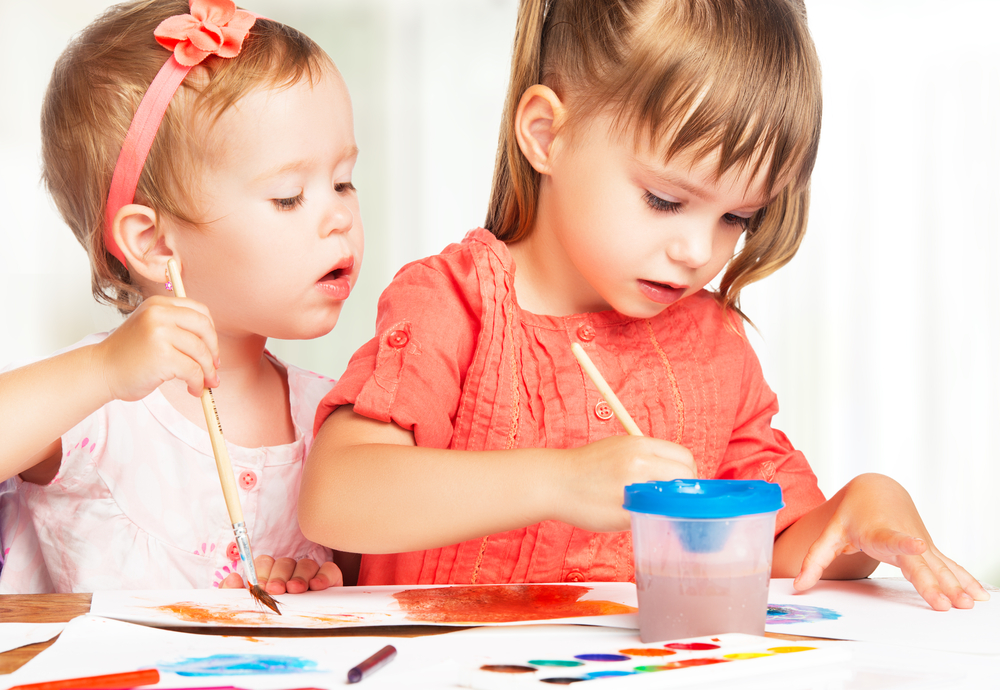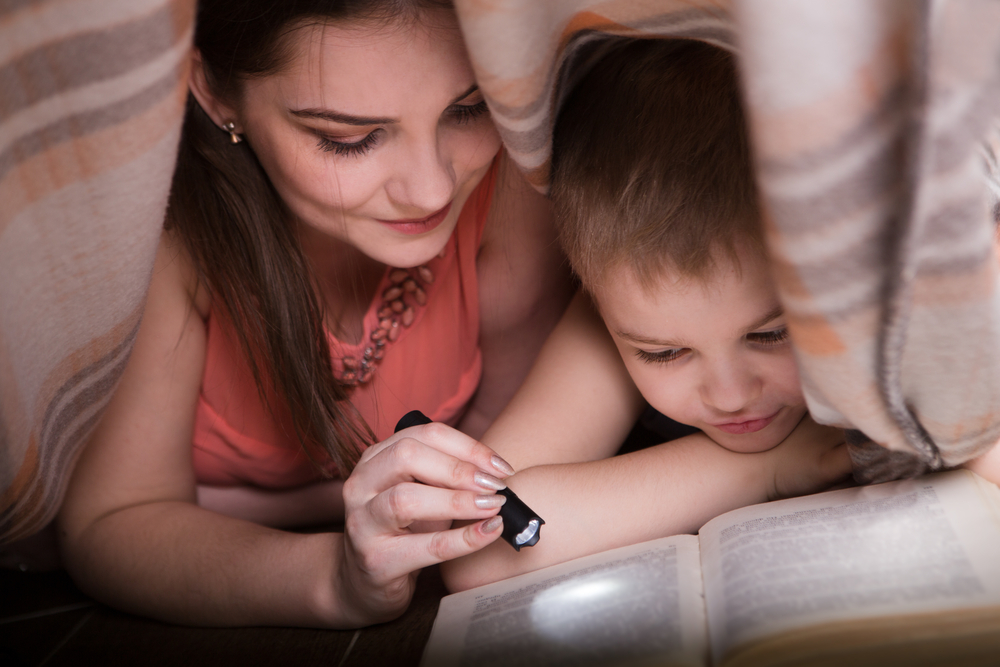Count objects Worksheets for Kids
1 filtered results
-
From - To


Place Value: Chapter 1 Worksheet
Question/Answer
What does the Count objects skill mean when it comes to Grade 2 Numbers learning?
The Count objects skill in Grade 2 Numbers learning involves the ability of students to accurately count and group objects. This skill helps them understand the concept of quantity, develop number sense, and begin to perform basic mathematical operations. It lays the foundation for more advanced math skills by enhancing their ability to recognize numbers, patterns, and relationships between quantities.
How to test a Grade 2 student’s Count objects skills?
To test a Grade 2 student's Count objects skills, provide them with a variety of physical items or pictures and ask them to count the total number accurately. Use groups of items ranging in number, including those above 20 to assess their ability to count beyond the basics. Observe their counting method and ensure they count each item only once.
How does the mastery of the Count objects skill affect a student's performance at an early age?
Mastery of the Count objects skill at an early age significantly enhances a child's mathematical foundation, influencing overall academic performance positively. It fosters numeracy, which is crucial for understanding more complex mathematical concepts later on. Early proficiency in counting objects also aids in the development of logical thinking, problem-solving skills, and boosts confidence in dealing with numerical tasks.

 Assign to the classroom
Assign to the classroom












